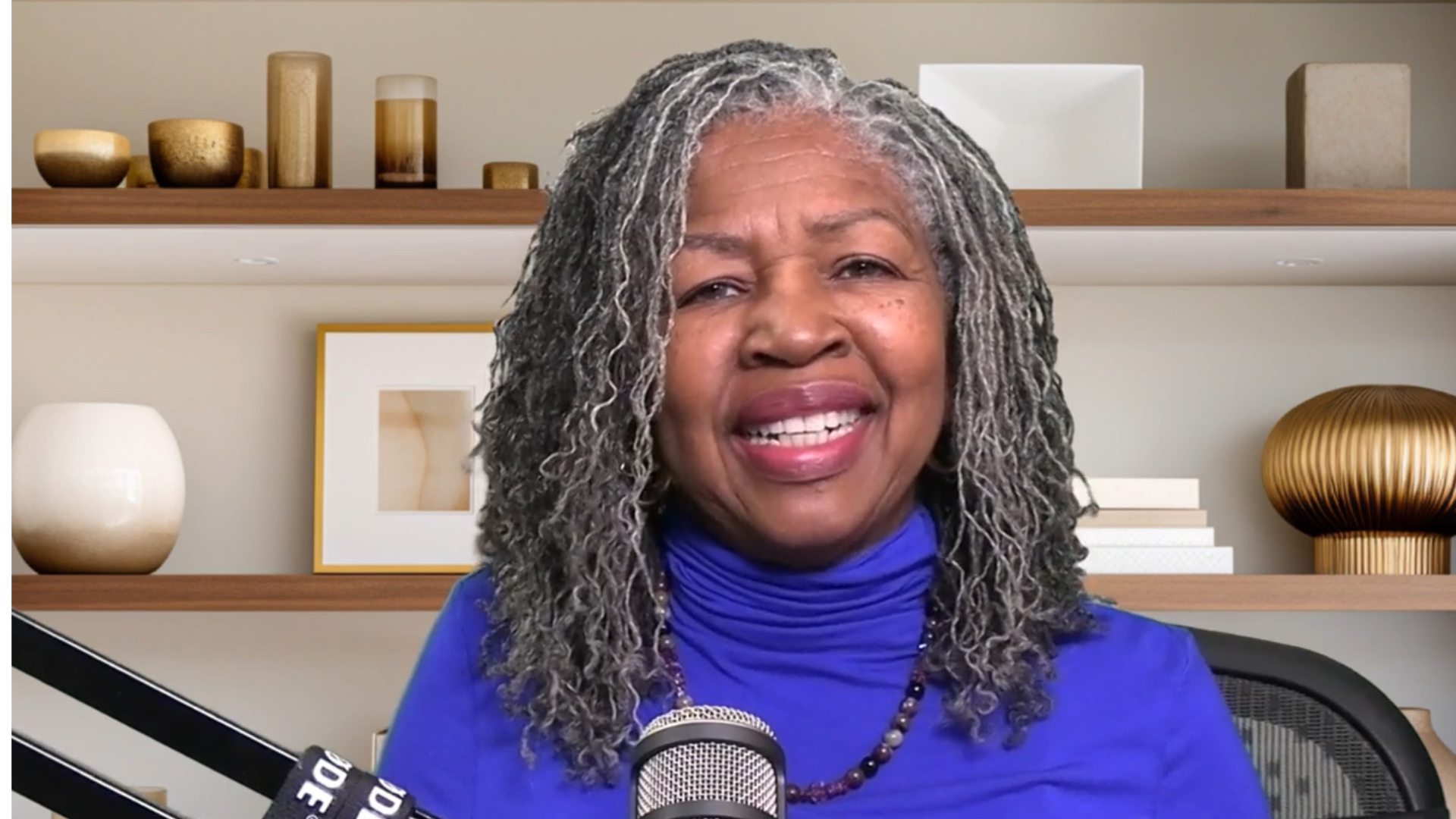Covert Narcissism in Child Custody Battles: How it Operates
Child custody battles create challenges under the best circumstances. When one parent shows traits of covert narcissism, the playing field becomes drastically uneven. Covert narcissists differ from their grandiose counterparts. They operate beneath a carefully crafted facade of reasonableness. This makes their manipulative behaviors hard to identify in family court. This article explores how covert narcissism in child custody battles manifests. We’ll examine why these patterns cause damage and what parents should understand before entering court.
Key Take Aways
- Covert narcissists present differently than overt narcissists. They often appear reasonable to observers while engaging in subtle manipulation.
- Family courts frequently miss patterns of covert narcissistic behavior. They focus on concrete evidence rather than psychological dynamics.
- Understanding tactics used by covert narcissists is essential. This knowledge protects you and your children during custody proceedings.
- Recognition of these patterns by professionals is gradually improving. Significant challenges remain in the system.
- Early identification and proper documentation are crucial. They help build a case that represents the reality of co-parenting with a covert narcissist.
The Dual Face of Covert Narcissism
Overt narcissists display obvious grandiosity and entitlement. In contrast, covert narcissists master impression management. Their public persona appears reasonable, even victimized. In professional settings and brief interactions with court officials, they present as cooperative parents. Furthermore, they claim to want only what’s best for their children.
This disguise makes covert narcissism in child custody battles particularly dangerous. The same parent who appears collected in court may engage in undermining behaviors. They practice emotional manipulation and subtle forms of parental alienation behind closed doors. Court evaluators, guardian ad litems, and judges see only snapshots of interaction. This co-parent completely misses the harmful patterns that unfold over time.
The Perfect Court Room Performer
Covert narcissists excel in the courtroom environment because they:
- Project an image of calm reasonableness. They paint the other parent as unstable or difficult.
- Carefully manage their emotional presentation. They appear cooperative and child-focused.
- Come prepared with seemingly perfect documentation. Their materials appear well-organized.
- Charm evaluators and court personnel during brief assessments. This creates a false impression.
- Frame their controlling behaviors as “concerns” about the other parent. This masks their true intentions.
- Strategically concede minor points to appear flexible. They maintain rigid control over significant issues.
The challenge for courts lies in their limited perspective. Most certainly, a 15-20 minute hearing cannot reveal manipulation patterns occurring over months and years. Covert narcissists understand this limitation and leverage it to their advantage in child custody battles.
Gaslighting the System
Perhaps the most dangerous aspect of covert narcissism in custody battles involves their ability to “gaslight” the entire legal system. Through subtle misrepresentations and context manipulation, they create alternate narratives. These narratives become difficult to disprove in court.
Some common manipulation tactics are discussed in this article below:
Subtly Reframing Legitimate Concerns
They transform the other parent’s valid concerns into evidence of instability. For example, when a mother worries about unexplained bruises, the covert narcissist responds differently. They tell the court, “She’s always looking for reasons to interfere with my time.” This reframes safety concerns as problematic behavior by the concerned parent.
Misusing Psychological Terms to Label Normal Parenting Feelings As Problems
Example: A father might become emotional or cry when talking about spending less time with his children. The narcissistic co-parent could unfairly describe this behavior to custody evaluators by saying something like, “He has severe emotional issues and acts unstable around the kids.” They might even add, “I’m worried about his mental state when he’s alone with them.”
This wrongly turns normal sadness and genuine concern for one’s children into something negative or unhealthy.
Selective Documentation
They carefully document minor parenting mistakes while hiding their own serious violations. The covert narcissist records every instance when the other parent arrives five minutes late. Meanwhile, they might consistently undermine medical recommendations. These more serious issues go undocumented in child custody battles.
Creating Provocative Situations
For example, it’s not surprising to find a covert narcissist co-parent repeatedly changing plans at the last minute. He or she will withhold important information about the children, or making unilateral decisions—then document the other parent’s frustrated responses through recorded calls or carefully edited text message exchanges. These curated interactions are then presented to the court as evidence of the other parent’s “conflict-creating behavior” or “hostility

Recruiting Supporters to Validate Their Narrative and Provide Testimony
Example: A covert narcissist might share a carefully crafted version of events with their parents, siblings, new partner, or even the children’s teachers. These individuals, genuinely believing they’re witnessing problematic behavior from the other parent. The co-parent then solicits affidavits or testimony from these supporters that lends credibility to the narcissist’s claims. The entire exercise is to create a false impression of consensus about the other parent’s deficiencies.
Telling Different Stories to Different Professionals
A narcissistic co-parent might do this by giving conflicting stories to people involved in your custody case. For example, they might tell one version of events to the custody evaluator and another to the child’s therapist. They could even provide a completely different story to the children’s teachers or doctor. Eventually, when these professionals talk to each other, they’ll realize the stories don’t match. When this happens, the narcissistic parent may say they’re being misunderstood. They might also accuse the other parent of influencing any professional who doesn’t agree with their story.
Strategic Timing of Allegations
Another common tactic used by narcissistic co-parents is raising concerns at the last minute, especially right before important events. For example, they might wait until just before a major court hearing to bring up new issues. This leaves the other parent with little time to respond or prepare properly. They might also file complaints or emergency motions at inconvenient times. This can happen during holidays or when the other parent is planning something special with the children. These sudden disruptions are intended to cause stress and confusion.
Presenting False Reasonableness
Example: Publicly offering compromises that appear generous but actually maintain their control or contain hidden conditions. For instance, “I’m willing to give her extra time on weekends” (but only if she drops requests for decision-making authority) or “I’ve always been open to flexibility” (while documenting every requested schedule adjustment as evidence of the other parent’s instability).
The Impact on Children
Children caught in custody battles involving a covert narcissist face unique challenges. They often:
- Experience cognitive dissonance between what they observe and what the narcissistic parent claims
- Feel pressure to align with the narcissistic parent’s narrative to avoid disapproval or emotional withdrawal
- Develop complex coping mechanisms to navigate the inconsistent emotional environment
- Struggle to articulate their experiences when the manipulation is subtle and psychologically sophisticated
- May internalize the belief that their perceptions are flawed when their reality is consistently denied
This psychological burden often goes unrecognized by courts focused primarily on physical wellbeing and educational stability rather than the nuanced psychological dynamics of the parent-child relationship.
The Evolution of Legal Understanding
Family law is gradually developing greater awareness of personality disorders and their impact on parenting capacity, but significant gaps remain. Many jurisdictions still operate from outdated frameworks that:
- Prioritize keeping both parents involved regardless of psychological dynamics
- Focus heavily on concrete incidents rather than patterns of behavior
- Lack specialized training for evaluators in identifying personality disorders
- Apply standardized assessment tools that weren’t designed to identify the subtle manipulation of covert narcissism
- Presume that both parents are acting in good faith during negotiations
These systemic limitations create substantial obstacles for parents attempting to protect children from the harmful effects of covert narcissistic parenting.
Building Recognition Through Education
Progress in addressing covert narcissism in child custody battles depends on continued education. Promising developments include:
- Increased recognition of parental alienation as psychological abuse
- Growing availability of specialized training for custody evaluators
- More sophisticated psychological assessment protocols
- Greater judicial awareness of personality disorders and their impact
- The emerging use of specialized parenting coordinators with proper training
These advances suggest a gradual shift toward better recognition of personality disorders in family court. Implementation remains inconsistent across jurisdictions, however.
You can learn more about the general traits of a covert narcissist at HelpGuide.org.
About This Series
This article begins our three-part series on navigating cases involving covert narcissism in child custody battles:
- Unmasking the Shadow: How Covert Narcissism Operates in Child Custody Battles – Understanding the nature and tactics of covert narcissists in family court
- Covert Narcissism: Evidence Challenges in Child Custody
- Building Your Case: Practical Documentation Strategies When Facing a Covert Narcissist in Custody Proceedings – Concrete approaches for building a compelling case
FAQ's
Only mental health professionals can diagnose personality disorders. Key indicators of covert narcissism include consistent patterns of victim positioning and subtle manipulation. Look for inability to prioritize children's needs and revision of history. Watch for emotional withdrawal when not getting their way. Note a public image that sharply contrasts with private behavior. The pattern and persistence of these behaviors distinguish covert narcissism from occasional difficult interactions.
Standard psychological evaluations may miss covert narcissism. These individuals excel at presenting well in brief assessments. More comprehensive evaluations by specialists familiar with personality disorders work better. They should include collateral interviews and review communication patterns over time.
Focus on specific behavioral patterns rather than diagnostic labels. Provide concrete examples of manipulation and documentation of communication patterns. Show evidence of the discrepancy between public presentation and private behavior. Connect these behaviors to specific parenting concerns rather than personality traits. Consider seeking an attorney experienced in high-conflict custody cases involving personality disorders.
Children typically don't understand the concept of narcissism. They often sense the emotional inconsistency and manipulation, however. They may express feeling uncomfortable or walking on eggshells around the parent. Older children might describe feeling used as props rather than being seen as individuals with their own needs.
Parallel parenting minimizes direct interaction between parents while maintaining structured involvement with children. This approach works more effectively than traditional co-parenting with a covert narcissist. It reduces opportunities for manipulation and limits conflict exposure for children. It provides clearer boundaries for everyone involved. Implementing this approach often requires specific court orders and consistent enforcement, however.

About Esther
Esther C. Moore is a family law attorney with over 27 years of experience, including high-conflict child custody and divorce cases. As the CEO of All Rise Solutions, LLC, Esther provides coaching, online courses, and resources to help individuals navigate the legal system when dealing with complex family law matters, including mediation in high-conflict divorce. With a deep understanding of how narcissistic dynamics impact custody and divorce proceedings, Esther is committed to empowering individuals with the knowledge and tools they need to protect their rights.






